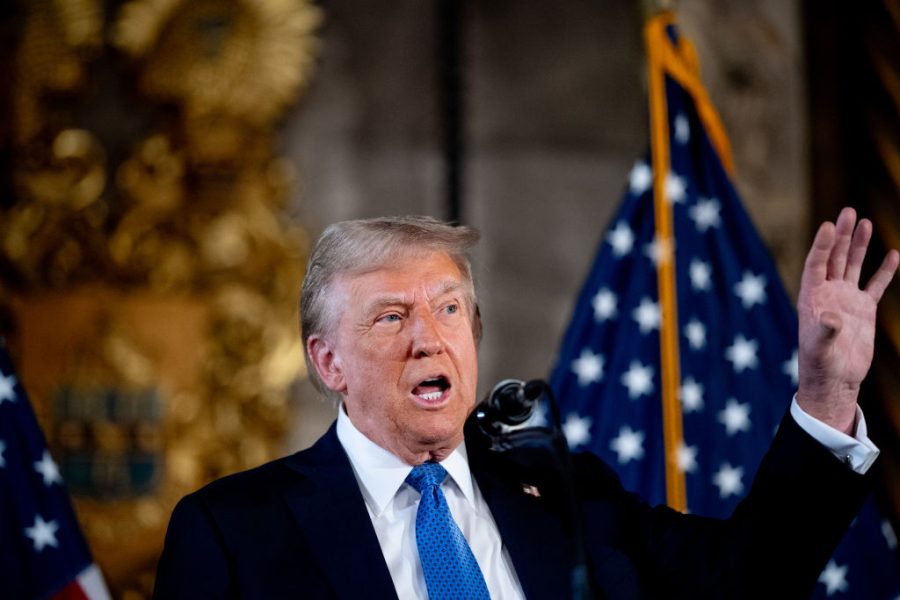Hundreds of millions of Americans will have a new president tomorrow. Depending on where you land on America’s increasingly hyper-partisan political spectrum, 20 January will either be a day of dread or joy, a return to the good old times or a step back into rough, unpredictable waters.
The same could be said for policymakers across the Atlantic Ocean. Most of Europe’s political heavyweights, the majority of whom are still content to live in the 1990s as if the geopolitical changes of the last two decades didn’t occur, are dreading Trump’s return.
Fresh off another victory, Trump and his administration want to see clear, unambiguous action
It doesn’t take a doctorate in international relations to understand why. Europe, and in particular Germany, is one of Trump’s favourite punching bags and will remain so over the next four years. The man who once threatened to leave Nato if the Europeans didn’t stop penny-pinching on their own defence budgets is re-entering the White House with a belief system that has only been reinforced since he left it in January 2021: Europe is led by deadbeats who are perfectly happy taking advantage of the American taxpayer as much as they possibly can.

Get Britain's best politics newsletters
Register to get The Spectator's insight and opinion straight to your inbox. You can then read two free articles each week.
Already a subscriber? Log in






Comments
Join the debate for just £1 a month
Be part of the conversation with other Spectator readers by getting your first three months for £3.
UNLOCK ACCESS Just £1 a monthAlready a subscriber? Log in